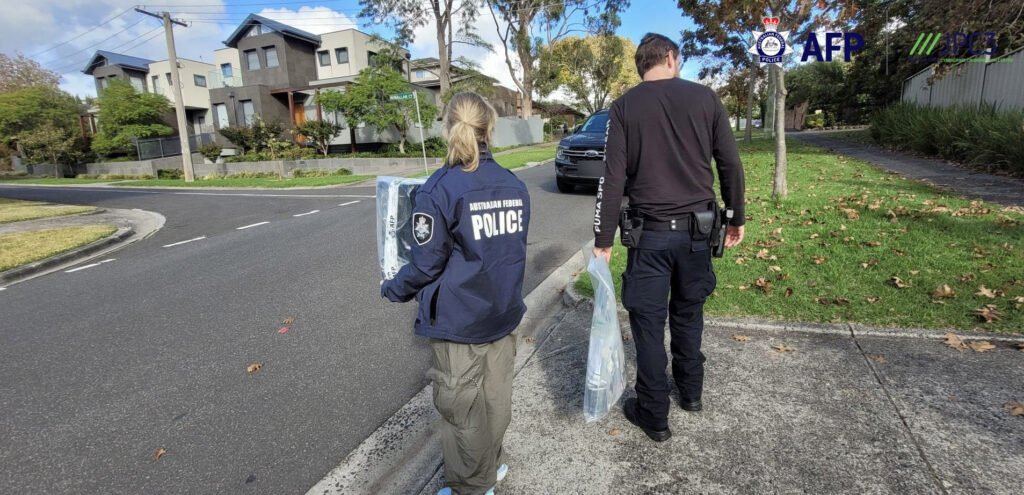Big Win Against Cybercriminals – What You Need to Know
Cybercrime just took a major hit! Australian police have arrested five people linked to a large-scale phishing scam that targeted victims worldwide. This is part of a global crackdown on online fraud, showing that authorities are fighting back harder than ever against digital criminals.
If you’ve ever worried about fake emails, scam texts, or hacked accounts, this news is a big deal. Let’s break down what happened, how these scams work, and—most importantly—how you can stay safe.

What Was the Scam About?
The arrested group was running a sophisticated phishing operation designed to trick people into handing over:
✔ Banking details (login info, credit card numbers)
✔ Personal data (passports, IDs, passwords)
✔ Money through fake investment schemes
They used fake emails, SMS messages, and even cloned websites that looked identical to real banks, government portals, and popular services like PayPal or Amazon.
How Were They Caught?
This wasn’t just an Australian effort—it was a global operation involving:
🌍 Interpol & Europol (international police agencies)
🌍 FBI & other cybersecurity teams
🌍 Australian Federal Police (AFP) & local cybercrime units
Authorities tracked the gang through digital footprints, money trails, and undercover operations. The arrests send a clear message: Cybercrime doesn’t pay.
Why Should You Care?
Phishing scams aren’t just a “big company” problem—ordinary people lose millions every year. Here’s what this means for you:
🔴 Scams are getting more advanced – Criminals use AI, deepfakes, and realistic-looking emails.
🟠 Anyone can be targeted – Young, old, tech-savvy or not—scammers don’t discriminate.
🟢 But there’s good news – Law enforcement is stepping up, and you can protect yourself.
How to Spot (and Avoid) Phishing Scams
Don’t wait to become a victim. Follow these 5 simple rules:
1️⃣ Check sender emails carefully – Scammers use addresses like “support@paypa1.com“ (fake) instead of “support@paypal.com“ (real).
2️⃣ Never click suspicious links – Hover over links to see the real URL before clicking.
3️⃣ Look for poor grammar – Many scam emails have spelling mistakes.
4️⃣ Enable two-factor authentication (2FA) – Even if hackers get your password, they can’t access your account.
5️⃣ Verify requests directly – If a bank/government agency asks for info, call them using an official number (not the one in the email).
What’s Next in the Fight Against Cybercrime?
This arrest is just one piece of a bigger global effort. Experts predict:
🔹 More international police cooperation to track cyber gangs
🔹 Stronger cybersecurity laws to punish scammers
🔹 Better AI tools to detect phishing attempts early
The goal? To make the internet safer for everyone.
Key Takeaways
✅ 5 cybercriminals arrested in Australia in a global phishing crackdown.
✅ Phishing scams steal passwords, money, and identities—stay alert!
✅ You CAN protect yourself by checking emails, avoiding suspicious links, and using 2FA.
✅ Authorities are fighting back harder—more arrests & laws are coming.

Want to Learn More? Check These Out:
🔗 How to Spot Fake Emails & Avoid Scams (2025 Guide)
🔗 Best Password Managers to Keep Your Accounts Safe
🔗 Latest Cybersecurity Threats – What to Watch For
Official Sources & References
📌 Australian Federal Police (AFP) Announcement
📌 Interpol’s Global Cybercrime Report
📌 How to Report Scams in Your Country
